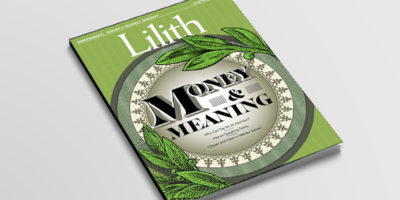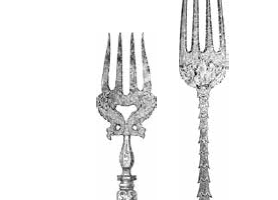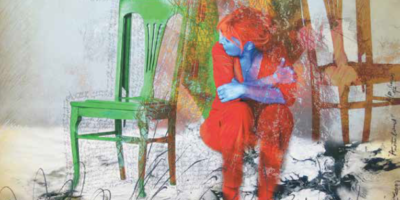Political Action and Its Discontents
“Life—make no mistake—is not a story.” This is the first line of the complex, challenging, riveting new Alice Mattison novel, Conscience (Pegasus Books, $25.95). Mattison proceeds to tell a story—about life, true or not.
Conscience moves between 1960s Brooklyn and present-day New Haven, Mattison’s favorite stomping ground through seven novels and four story collections. (Full disclosure, I am acquainted with Mattison through the New Haven community, but you don’t have to recognize Pepe’s pizza or Marjolaine Bakery to be sucked into this story of small lives lived large.) In the Sixties, three young, white Brooklyn women, two of them Jewish, take up anti-war activism, with tragic consequences. In the present, one of those Sixties activists, Olive Grossman, lives in New Haven with her black husband and their continuing devotion to social justice, along with their continuing anguish over long-ago events.
There are three shifting points of view here, although not the three young women you might expect. The predominant voice is that of Olive, a writer and editor. We also hear from Griff, Olive’s husband, another anti-Vietnam protestor, now a school principal deeply involved in community affairs, and from Jean, director of a New Haven social service agency where Griff chairs the board.
The characters in this book think, talk, argue. War, justice, race and gender and class, risk and violence and responsibility, actions and consequences, mistakes and forgiveness. Could they have stopped the war by marching, by singing protest songs, by shooting someone, by blow- ing up a bomb? Is one life lost to protest worth more—or less—than all the lives lost to war?
Conscience, however, is not all thought and talk. There is also love (various couples mate, part and realign) and sex (sometimes passionate, sometimes not) and food. Major turning points in Conscience take place over spaghetti or lasagna or coffee-shop eggs with buttered toast and potatoes.
This is not a novel of religion, although Olive’s secular Judaism is a matter-of-fact premise. Gri ’s church-going relatives favor Olive over atheist Griff, because, to quote Olive, “at least I had a religion.” While the issues here are not examined from a Jewish perspective, even Griff, the atheist, worries about God.
Life may not be a story, but hovering over this novel is the specter of another novel, Bright Morning of Pain, written by one of those 1960s girlfriends,which may—or may not—reveal truths about their long-ago lives. Olive and Griff and Jean occasionally discuss Bright Morning of Pain and the obligations (or lack thereof) of fiction to tell the truth, with Olive, the writer, arguing vehemently that fiction is “a work of imagination” that “establishes its own truth.”
So what is the underlying truth that this novel, Conscience, brings to readers, and why is this the perfect time to read it? Race, gender, and class are ever-present issues. Most timely, perhaps, are questions of how much political protest is enough, how much is too much, and what are our obligations—as Jews, as women, as human beings. Griff, who once carried a gun, now says of violent action: “It’s wrong when it’s terrorists now, and it was wrong when we did it. There’s no difference.”
I’ve heard Mattison say that she purposefully identified the era of this novel as “a few years ago” so as not to have to address the 2016 election and its aftermath. Yet this novel does address today’s struggles. When young Olive’s friend, pivoting towards violence, says that “novels don’t seem to be ending the war,” Olive replies that novels do have value. “They teach us,” she says. “They tell us how to live.” With Conscience, Alice Mattison proves Olive’s point.
Elizabeth Edelgass is a Judaic librarian and writer whose fiction has won the Lilith short story contest.




